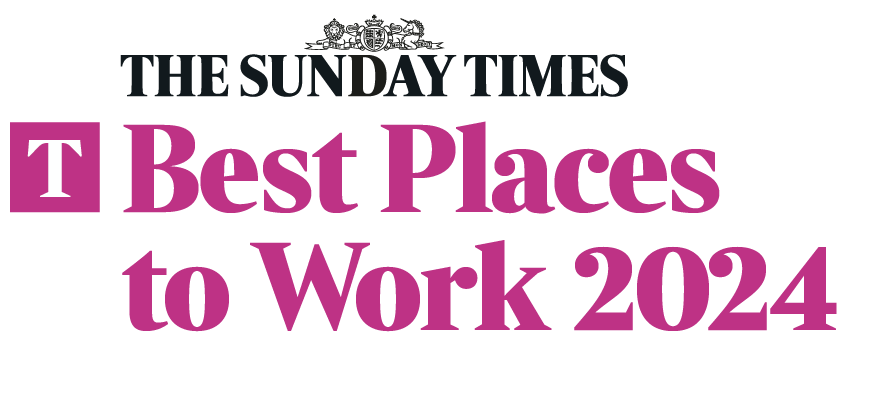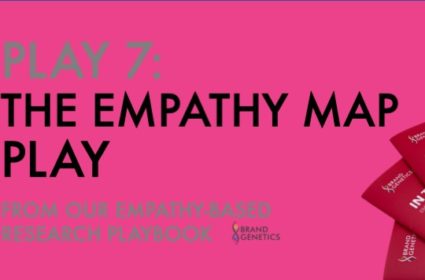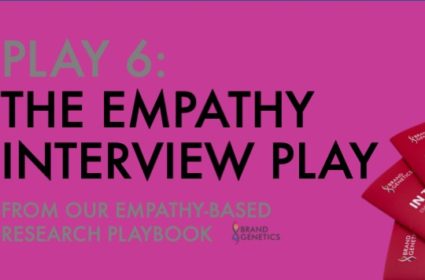Empathy-Based Research: The Word Association Play

This article is part of our series on Empathy- based Research. You can view the full series or download the report.
Download ReportAs innovation and research becomes increasingly dominated by quantitative data analytics and algorithms, market researchers need empathy more than ever to see the humans behind the numbers. Empathy is our ability to see and feel things from someone else’s perspective, and the key benefit is that it generates emotional insight into the feelings, motivations and needs that drive behaviour. As a result, we’ve put together this playbook of practical empathy-based activities to help you research and innovate better from a consumer perspective.
Although some people are naturally more empathic than others, empathy is a skill that can be trained and improved in all. This week we continue our exploration of each of the 5 plays from the playbook, focusing today on the Word Association play.
When you want to understand how someone really feels about something, try capturing the words they associate with it.
Play 2: THE WORD ASSOCIATION PLAY
When you need the play:
The word association play involves playing a simple word game with someone to surface subjective meanings and hidden emotions. This works well as part of a qualitative research interview with a consumer, colleague, expert or stakeholder.
This adds insight, as associations are not filtered or rationalised in the same way as responses to direct questioning. Psychologists believe that the associative structure of human memory and emotions results in word associations that reveal the subjective meaning and emotional value of something.
How it works:
There are a number of ways to run the Word Association play, but they typically involve asking someone to state the first words that come to mind in response to a stated word, concept, or other stimuli. In an interview situation, consider using the following questions:
• “Describe in single words, only the positive things that come to mind about… [focus of research]”
• “Now, describe in single words, only the negative things that come to mind about… [focus of research]”
• Finally, describe in single words, the feelings that come to mind about… [focus of research]”
Analysis can be as simple as creating a mind map that shows the associations made around the target concept. Together, this associative network effectively defines the subjective meaning of the core concept. This simple word association map can be a powerful source of emotional insight (so much so that we created an entire business based on this technique!)
If you want to be a more empathic business and introduce human-first insight and innovation – Brand Genetics can help. Get in touch today to find out more!




